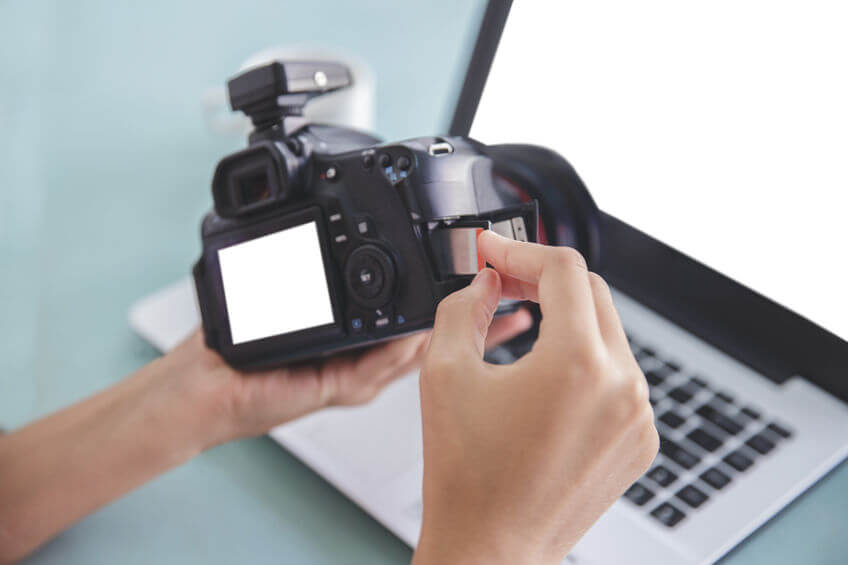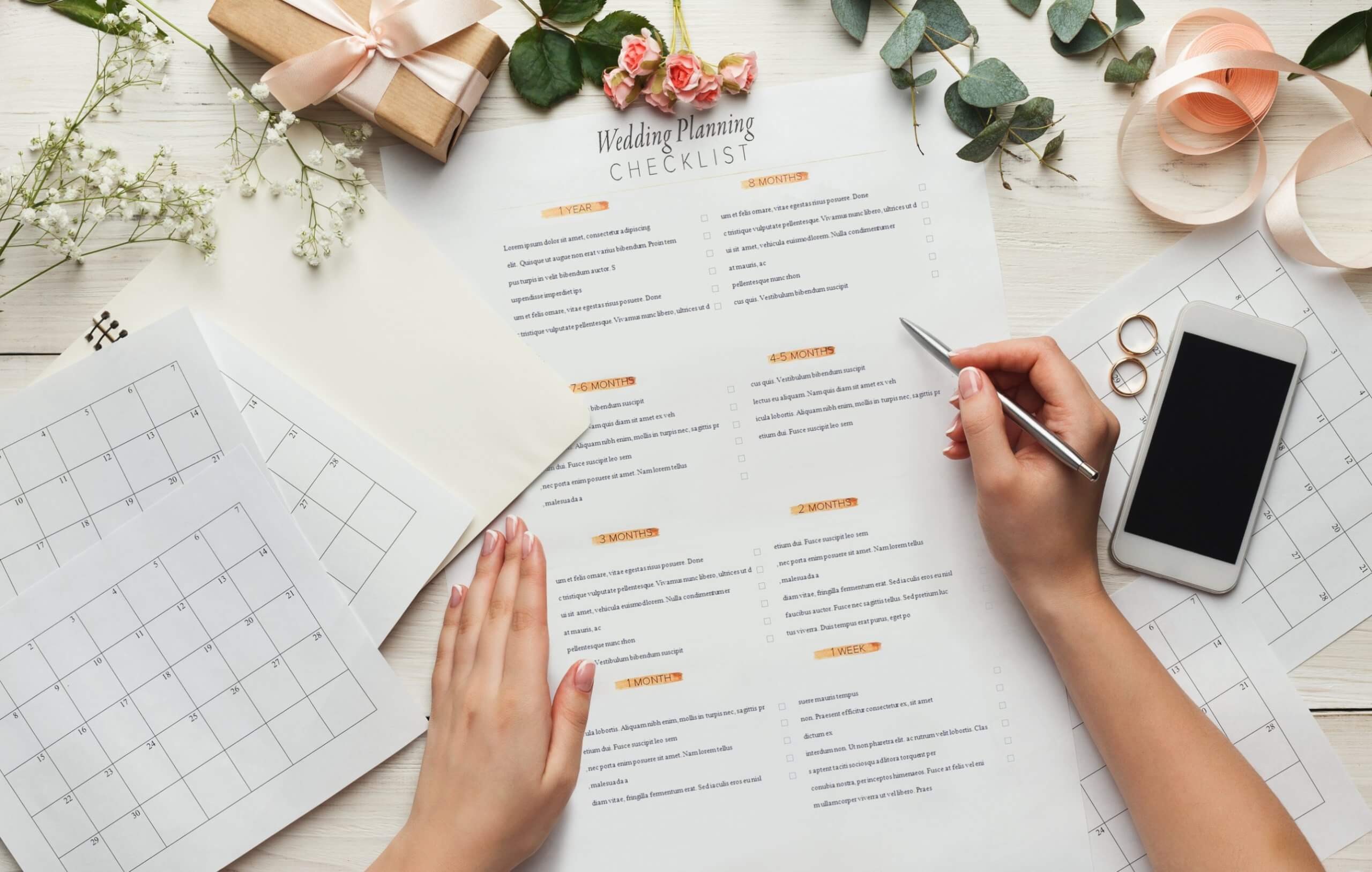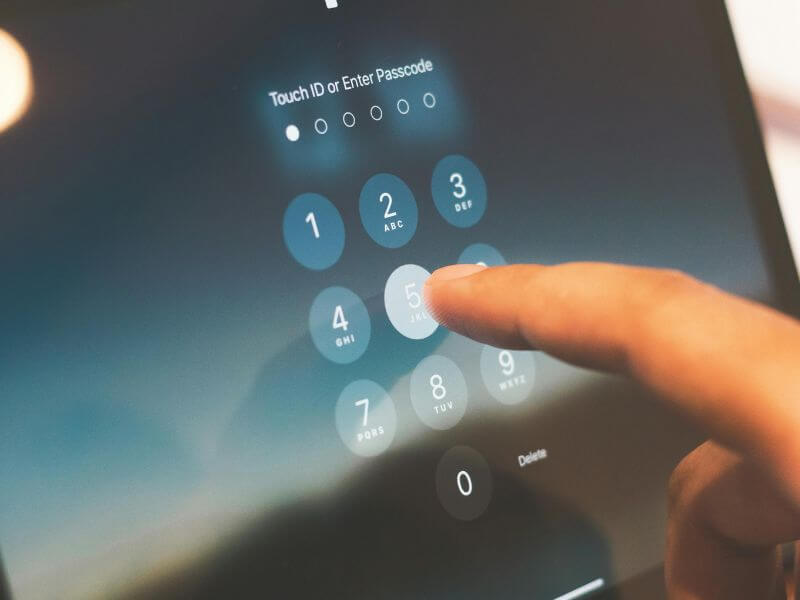There are few careers out there that you can enter without attaining certain qualifications, and photography is one of them.
True, if you have got a keen eye for detail, great composition skills, and a steady hand, you can begin experimenting with photography and possibly offer your skills to friends and family. However, if you want to become a professional photographer and take pictures at weddings, fashion shows, newspapers, etc. there is an expectation that you will possess certain qualifications.
Bearing that in mind, we shall use the following article to help you learn how to become a photographer, and ensure that you have got the right qualifications and experience under your belt.
What is a professional photographer?
FACT: According to the Washington Post, you are considered a professional photographer if over 50% of your income is earned through photography. Anything else and you’ll be considered an amateur.
However, despite this statement by the Washington Post, it is still possible for you to be recognised as a professional if you don’t meet this percentage. This is because many top photographers donate their time to worthy causes and don’t charge for their volunteer work. Likewise, some earn a larger sum of their money from editing, retouching, and developing photos for others, over what they photograph themselves.
As such, we feel that as long as you earn a decent chunk of your salary from photography as a whole – including editing, retouching, etc. – then you can describe yourself as a professional.
What do professional photographers do?
The truth is, we all dabble with photography. Give yourself a party/outing filled with family and friends, and you’ll soon have your camera out.
The professional distinction arises more from the types of photographs you take i.e. of friends, family, pets, and landscapes – and the charges you make for your creativity.
Types of photography
Like we said before, we’ve all roughly mastered the art of taking selfies and producing unblurred family shots; however, photography isn’t as clear-cut as you might think. For instance, there are various photography specialisms that you can explore:
- Wedding photographer – from taking photos of the bridal party as they prepare for the big take, to coordinating large family photographs; as a wedding photographer it is your job to capture the key moments of the day and create lasting memories for the bride and groom.
- Individual or family portrait photographer – whether you specialise in school photos or are interested in helping individuals or families to capture important moments e.g. pregnancy, generational photos, first birthdays, christenings, etc. this role can prove to be incredibly diverse.
- Newspaper/magazine photographer – from creating celebrity spreads to recording important events e.g. Royal weddings, elections, etc. in this industry you will need to think on your feet and be creative in how you capture randomised moments.
- Wildlife photographer – this role is great if you love the idea of travelling as you’ll be expected to take photographs of animals in their natural habitats. To do this successfully, you’ll need to be creative, patient, and capable of thinking outside the box, as you’ll need to time everything perfectly to achieve the best shot.
- Aerial photography – since the 1850s photographers have aspired to take photos of the world from above, presenting a bird’s eye view of the world we live in. Whereas in the past this was achieved with the help of aircraft and hot air balloons, technological advances have enabled photographers to take pictures of beautiful landscapes and death-defying feats with the help of drones.
- Candid photography – anyone who wants to work at events will need the skill of being able to take clear and sharp photographs without them appearing posed/created/staged. Master the ability to produce natural-looking imagery and you’ll be immensely popular at weddings, christenings, parties, and events.
- Fashion photography – whilst lighting is vital in all aspects of photography, being able to achieve this in the fashion industry is vital as your job is to show models and the products they are wearing at the best possible angle and in just the right light.
- Architectural photography – with the help of natural light and a good eye, you could be hired to take photos of a building to help sell it or boost tourism to the area.
- Documentary photography – the goal behind this type of photography is to tell a story. This is achieved by taking photographs of important moments in time, including war, famine, social problems, etc.
- Landscape photography – this type of photography is not as simple as it sounds i.e. point the camera at a view and take a picture. Instead, your landscapes will be expected to capture both the beauty and dramatics of nature, as well as invoke certain feelings in viewers i.e. peace, love, or despair.
- Food photography – with more and more people relying on the internet to find things, it makes sense for restaurants, cafes, bars, food production companies, and even butchers to showcase their foods by having them professionally photographed. Post the perfect shot on their website, and viewers will be more inclined to visit or order their food online.
Day in the life of a professional photographer
Here is a little secret… no day is the same in the life of a professional photographer. Even if you choose to specialise in taking photographs at weddings, the requests you will receive from clients will vary. Likewise, you’ll have to adjust your photographing style to suit the demands of the bride and groom, as well as the location of the event.
In turn, should you choose to specialise in more than one niche, you could find that one day you’re photographing a wedding, whilst on another, you could be recording a local government event.
As such, you must continue following trends, mastering new technology, and practicing your skills.
What can you do to keep your days structured and organised?
- Client meetings – these meetings are your chance to scope out exactly what they want and expect of your photography. In most cases, clients will visit you, but you may find yourself visiting clients in their homes to get the brief.
- Always make sure that you have liaised with the client and are confident of their requirements. To ensure this, get their requests in writing and have them sign a contract. This will prevent clients from changing their minds incessantly and wasting your time.
- If your goal is to expand your portfolio, you can use previous customer events to inspire your layout and image choices.
- Once your photographs are taken – in order of priority and deadlines – you will need to spend time touching them up and editing them on your computer. Once uploaded you will be able to modify colours, and lighting, and ultimately make them more presentable.
- Before printing off the finished product, allow your clients to see what their pictures will look like. This will make it easier for them to pick and choose which ones they like most before you develop and post the finished piece.
- Promotions – take every opportunity to market your work and share your skills (only if clients have permitted you to use their imagery). To achieve this, you will need to set aside time each day to promote your works/services, while managing a website and your social media profile. In addition, you will need to attend shows and advertise your services, both in person and online.
Your responsibilities
Your responsibilities will be greatly dependent upon whether you work for yourself as a freelance photographer or if you are employed by a company. In general, though, you will need to:
- Understand and know how to handle the equipment.
- Take photographs.
- Promote your work – online, at fairs, or with leaflets.
- Plan out the composition of your photographs and what you’ll need.
- Practice and utilise lighting equipment and different photographic techniques.
- Edit and modify photographs using enhancing software.
- Maintain and update your portfolio of work.
- Meet and liaise with clients whilst receiving feedback.
How much do photographers earn?
The amount of money you will earn as a photographer will vary depending on the quality of your portfolio, your level of education, who you know i.e. industry contacts, your years of experience, and how good you are. As a result, you will find that some photographers will charge a few hundred pounds to shoot at an event, whilst others will charge tens of thousands.
- Employed salary – the average employed photographer in the UK earns approximately £22,000 per year, however, your level of experience, skills, and specialities can bolster this income: Less than 1 year’s experience: £19,470
- 1-4 years’ experience: £20,380
- 5-9 years’ experience: £23,119
- 10+ years experience: £24,644
- 20+ years experience: £30,000
- Freelance/ self-employed salary – as a freelance photographer you have the potential to earn as little or as much as you want, depending on the amount of work you take on and the types of gigs you do. The amount you charge will vary depending on: Experience – the longer you’ve worked and the bigger your portfolio, the more you can charge.
- Competitive rates – we recommend that you research the rates of other photographers in the area. This will act as the basis for you determining your charges.
- Equipment cost – you will need to factor in the cost of your equipment. If you need to use pricier equipment to complete the job, then you can increase your costs.
- Travel costs – before you accept any job, you will need to calculate your travel costs and add them to your fees. This will stop you from being out of pocket.
- Cost of editing software – similar to your equipment, you will need to bear in mind the cost of any software you need to purchase to finish the job.
- Time – what many people seem to forget is that as a photographer you will need to do more than aim and shoot. You will also need to factor in time for editing your work.
How to become a photographer
If, after reading all of the above, you are still interested in becoming a photographer, then the following section will help to set you on the correct path to achieving your dream.
Step One: Recognising your natural talent
The truth is, to succeed as a photographer you need to be creative, have fantastic people skills, have a strong eye for detail, and have good technical prowess (to keep up with technological advances). If you possess any of these skills, then applying for a photography course will be easier.
Step Two: Gaining the correct qualifications
Whilst you don’t technically need to have any formal qualifications to call yourself a professional photographer, entering into a higher education program or completing an online photography course or a university degree can help to improve your odds of securing a job. More importantly, these qualifications can help you to develop your skills, hone your talent, and enable you to establish important industry connections.
- GCSEs and A-Levels – if you plan to apply for a photography degree or higher education course, then you will need five GCSEs graded at 9-4/A*- C. This should include GCSEs in Maths and English. In addition to this, you will need 2-3 A-Levels in at least one of the following subjects – art, design, or media.
- If you don’t plan to go the degree route, then you can try registering for any number of online photography courses. These will allow you to explore photography, develop your theoretical and technical skills, and most importantly help you to gain an accredited qualification. Another bonus to doing an online course is that you can complete it at a time, place, and pace of your choosing. This means you can easily fit your studies around your existing work/social commitments, and escape the pressure of having to complete your assignments by a set deadline.
Step Three: Experience
Whilst photography qualifications will make things easier for you as a photographer, it is pivotal that you also gain as much experience as possible before you apply for a job.
The best ways to gain experience are:
- Taking photographs of your friends.
- Offering to take pictures for businesses free of charge.
- Shadowing a professional photographer in their studio.
All of these will help you to create a solid portfolio that will appeal to prospective employers and clients.
And that is it!
So if you fancy becoming a photographer, why not apply for an online course and start building up your portfolio today? For more information, visit our website today.













 0333 344 2126
0333 344 2126